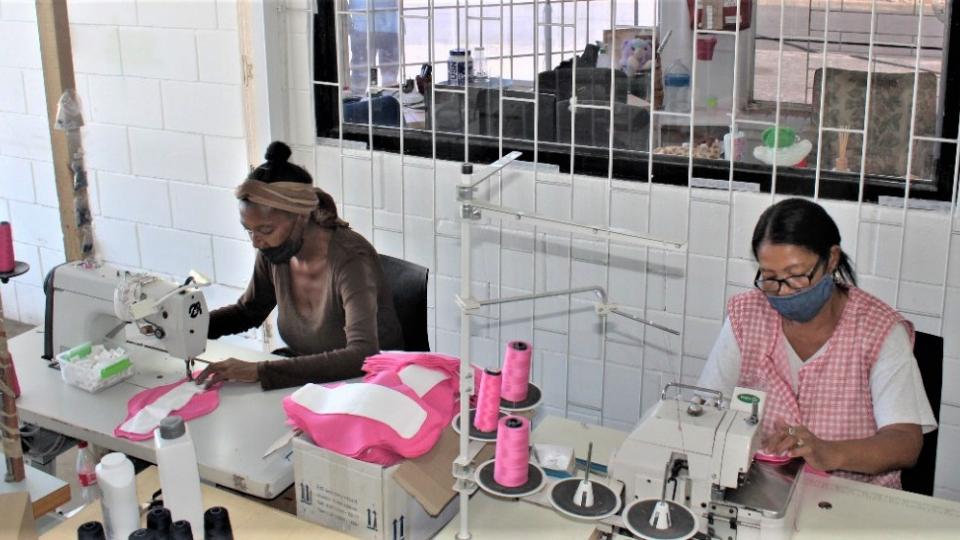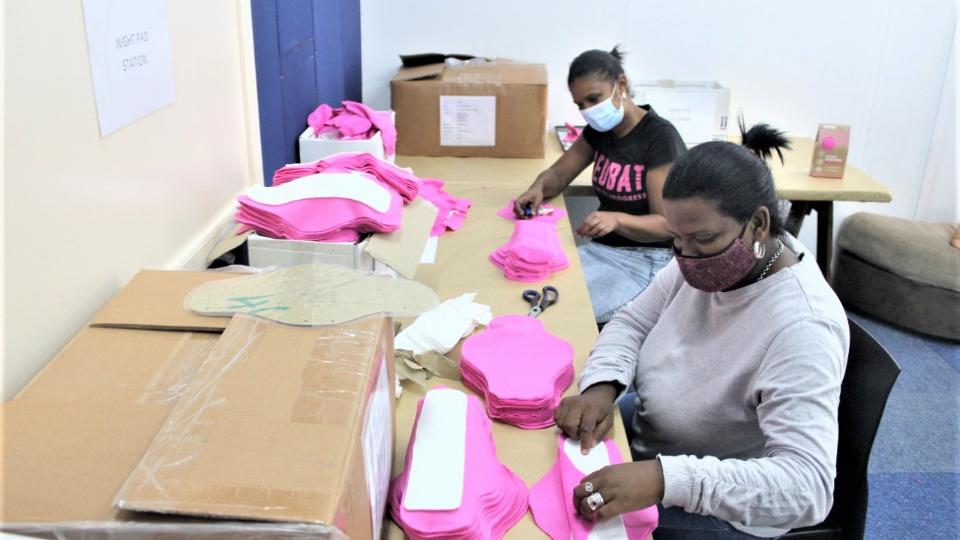Safepad is now empowering women of South Africa
Kolding, Denmark, 23 March; 2022
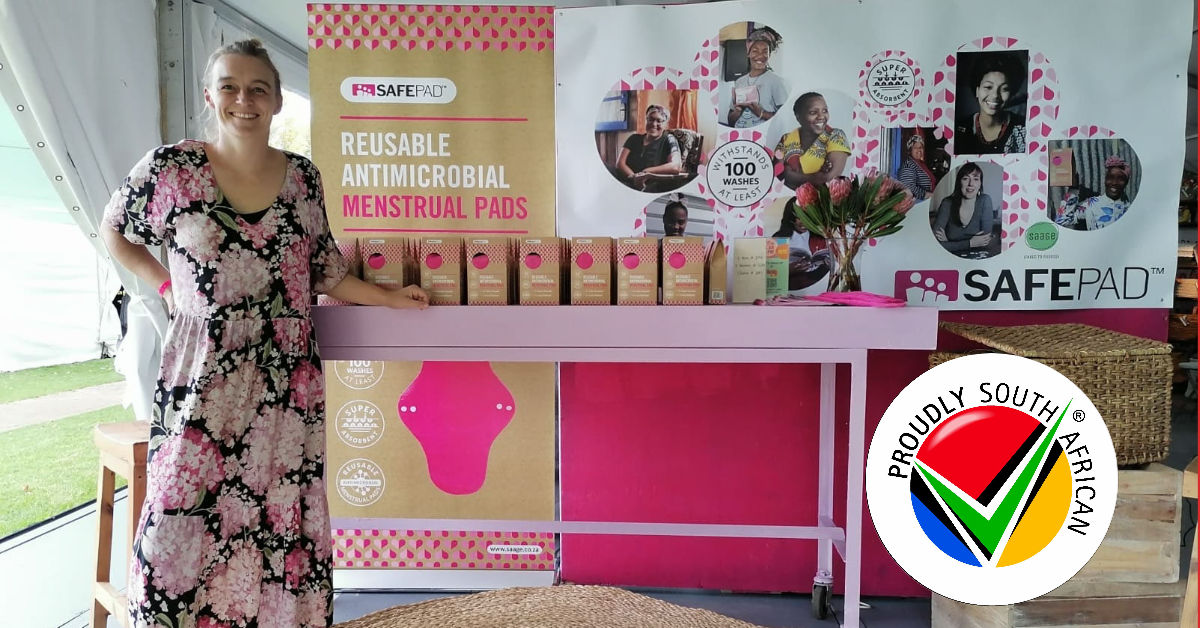
Our reusable sanitary pad, Safepad is now also produced in South Africa.
Safepad is the first sustainable solution for women's menstrual hygiene that ensures girls and women in South Africa the opportunity for a more active life.
In February 2022, the production of Safepad was established in South Africa in collaboration with one of Safepad's developers, Trine Angeline Sig, CEO of Real Relief and Safepad´s local distributor Sarah Jacobs, SAAGE.
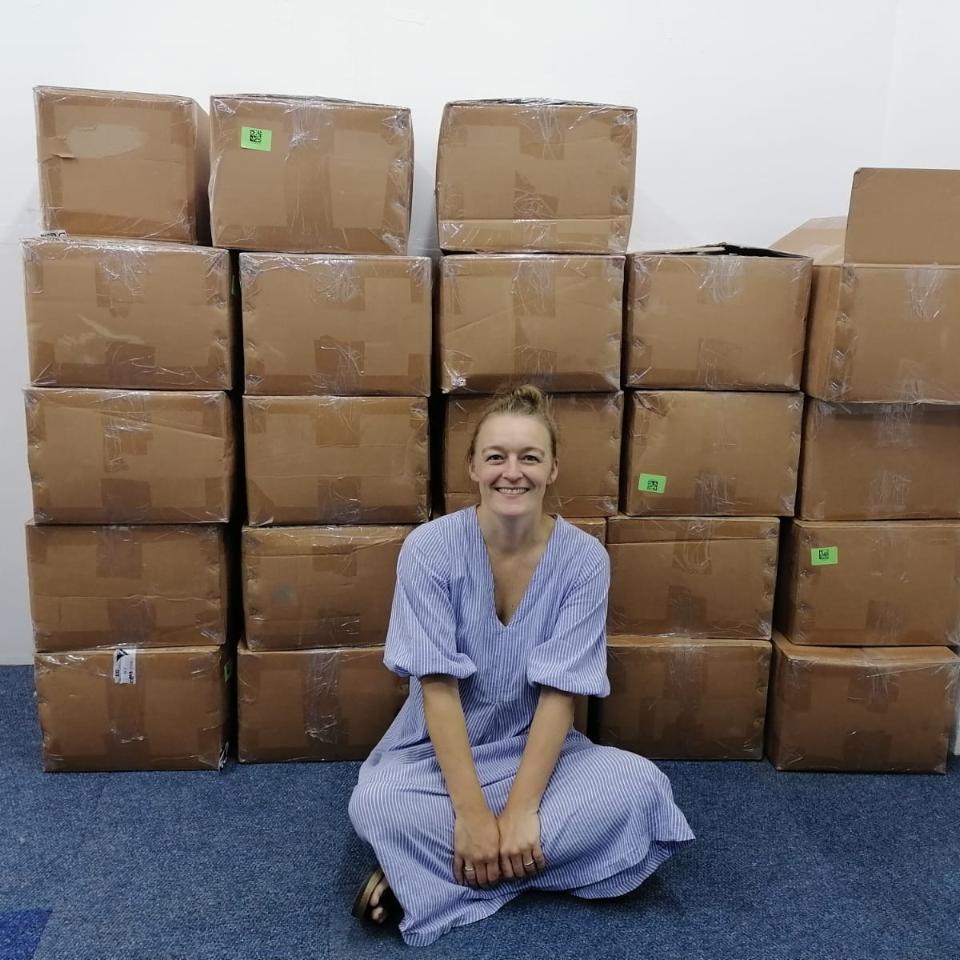
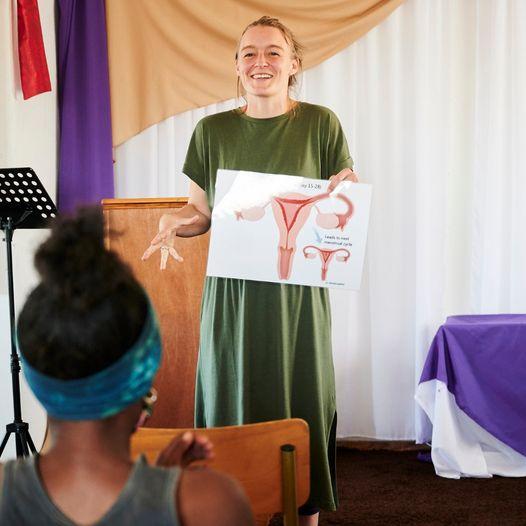
Safepad is a reusable sanitary pad with a permanent self-cleaning antimicrobial treatment that effectively reduces fungi and bacteria during use and after washing, even if the pad is washed in contaminated water. The Safepad has a lifespan of at least 3 years and contributes significantly to reducing menstrual product waste and thus has a great environmental significance.
In large areas of South Africa, menstrual poverty is a public health crisis driven primarily by stigma and low socioeconomic status. Taboos around the female body prevent any conversation about menstruation, which reinforces the gender differences. This can be quite detrimental to the self-confidence and social status of a girl that should not be negatively affected by the completely normal and biological process that is happening in a girl’s body.
“Girls in South Africa are facing challenges and barriers daily which limit their access to educational and developmental opportunities, optimal health, and work. One of these barriers is the lack of information and resources to properly manage menstrual hygiene,” says Safepad's local distributor Sarah Jacobs.
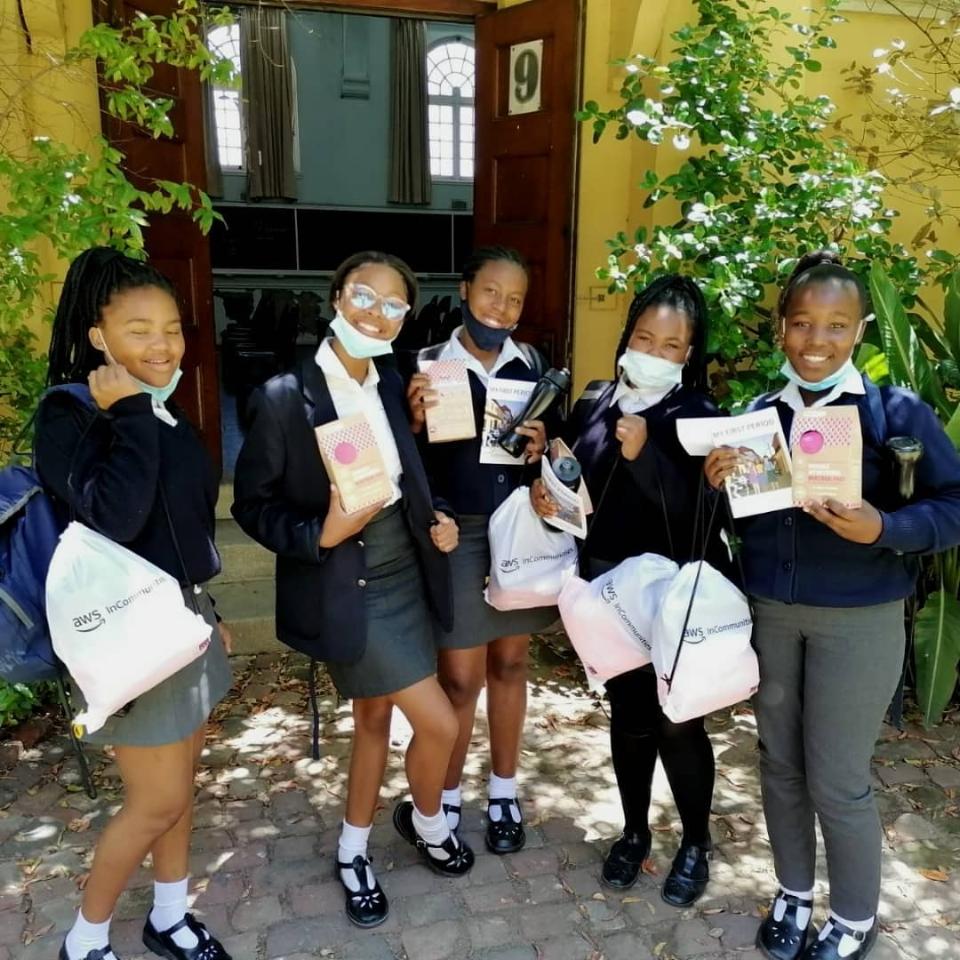
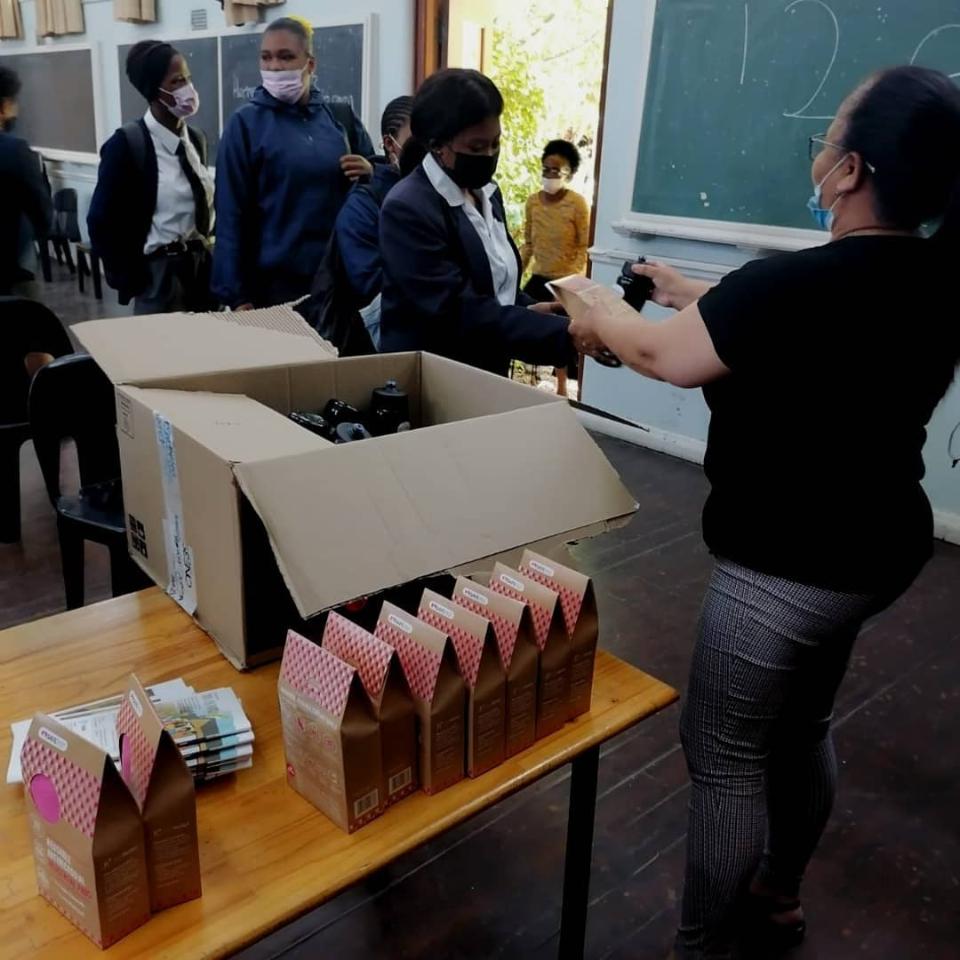
In South Africa there is a big gap in the school’s education regarding menstruation and hygiene and when combined with lack of access to hygienic toilet facilities it has a negative impact on the girl student ’s school attendance and their general wellbeing. This leads to adolescent girls missing up to five days of school per month while menstruating. Consequently, many girls drop out perpetuating the cycle of illiteracy, unemployment, and disempowerment. It also leads to an increased risk of preventable infections and fear and misunderstandings caused by myths and taboos about for example fertility »adds Sarah Jacobs who is managing the newly started production of Safepad in South Africa.
